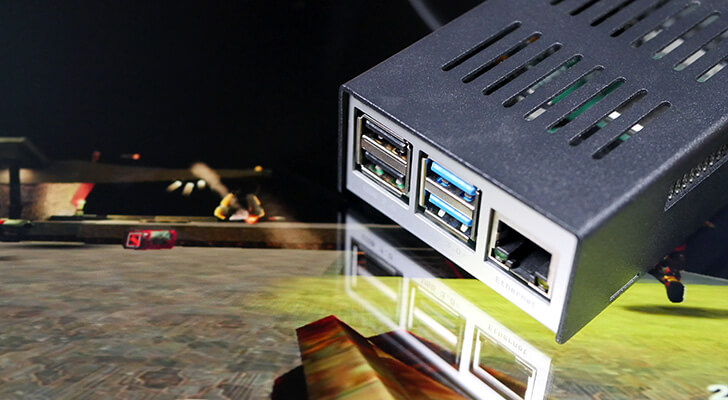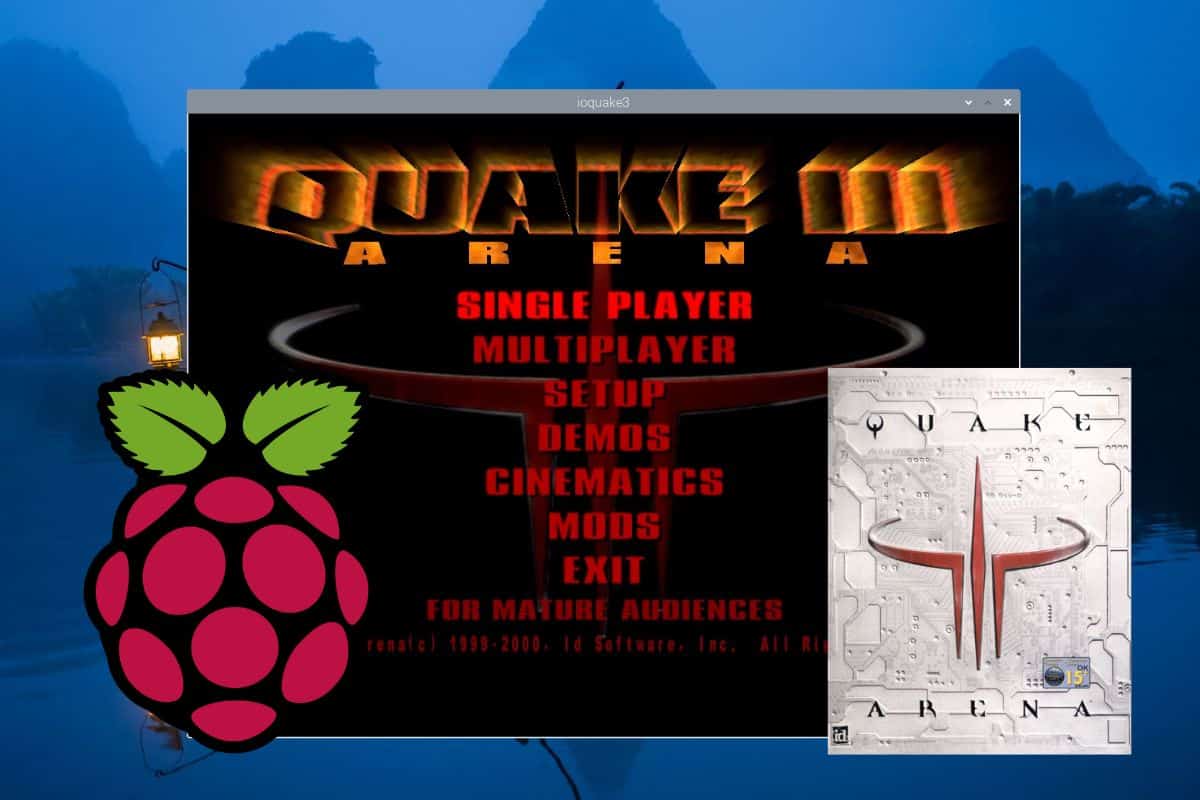And it runs at 500kHz.
Current systems run thousands of times faster than that.
I don't need current systems. I can happily operate with older operating systems.
The GoldScr game was developed during the Windows XP era, and was designed for Windows XP. Although the game is
perfectly compatible with newer than XP versions, including win10 and 11, it isn't compatible with Windows editions before XP.
Since i need a computer specifically for this task of modding the game, i need hardware that is powerful enough to handle Windows XP and Windows 7, without having to be able to handle newer versions. Windows XP and 7 are the only operating systems i need for my project.
Let's say i want to run my project on Windows XP. Basically, i need a CPU that is 1GHz to run Windows XP smoothly. So, is it possible to make a homemade CPU that is as powerful as Intel Pentium Dual-Core? Intel Pentium Dual-Core is the CPU that is good for Windows XP and can run my project.
If i want to make a homemade CPU of 800MHz or 2.4GHz, how big would it be? Did you watch the video i showed you? If i want to make such a CPU that isnt 500kHZ, but at least 800Mhz, how big woiild the CPU be?
If i want to make a homemade CPU that behaves exactly like Pentium Dual-Core E2220 , would it be possible to use the same instructions Intel used in Pentium Dual-Core E2220 , or are the instructions copyrighted? The instructions have to be able to run Windows XP and the GoldScr engine. Since instructions of new CPUs cant do that, i need instructions of old CPUs, CPUS produced during the Windows XP times.
You don't know how physical computers work either.
I know.
Then you're certainly not capable of designing, building,coding a CPU and all the associated things for it.
The lack of hardware is what will motivate me to learn how to code my own CPU. The problem is that i didn't even know making homemade CPUs is possible. I learned about homemade CPUs just a few days ago, so I'm very new in this area, which is why i don't know a lot.
If Quake will run on a Pi, your mad skillz should be able to get your project running on it as well.
I prefer standard computers.
Alternate solution...
Buy several current Win 10/11 compatible systems and components.
Vacuum bag and put in storage for "later".
Yeah... this is what I'm planning to do.
Here is what I'm planning to buy:
5x Intel Core i-5
10x LGA 1155
CPUs last around 20 years.
Motherboards last around 10 years.
Having 5 CPUs and 10 motherboards will ensure my project will be kept alive for at least 100 more years, or even 200 more years if components don't fail. I hope that 200 years from now, electronics will be more customizable, meaning i will be able to easily produce my own CPUs and motherboards that are compatible with my project. If i learn better coding methods and learn how to make my project compatible with newer operating systems, that would be amazing. But for now, i don't know such a level of coding, so i will just buy several components to ensure the long-term survival of my hobby project.
QUESTION: If i don't keep the components in vacuum bags, but keep them unpacked, they will still survive for a long time, right?
If you have better suggestions than buying hardware, share them with me.

By the way, I'm very interested in building my own CPUs. I just need to learn how to make CPUs that behave like Pentium Dual-Core E2220 and have the same instructions, guaranteeing they are as good and reliable as the actual Pentium Dual-Core E2220 CPU, and will nicely run the software, just like Pentium Dual-Core E2220 would do.
I'm open to ideas and suggestions on how to build homemade CPUs of at least 1GHz.
Thanks.





